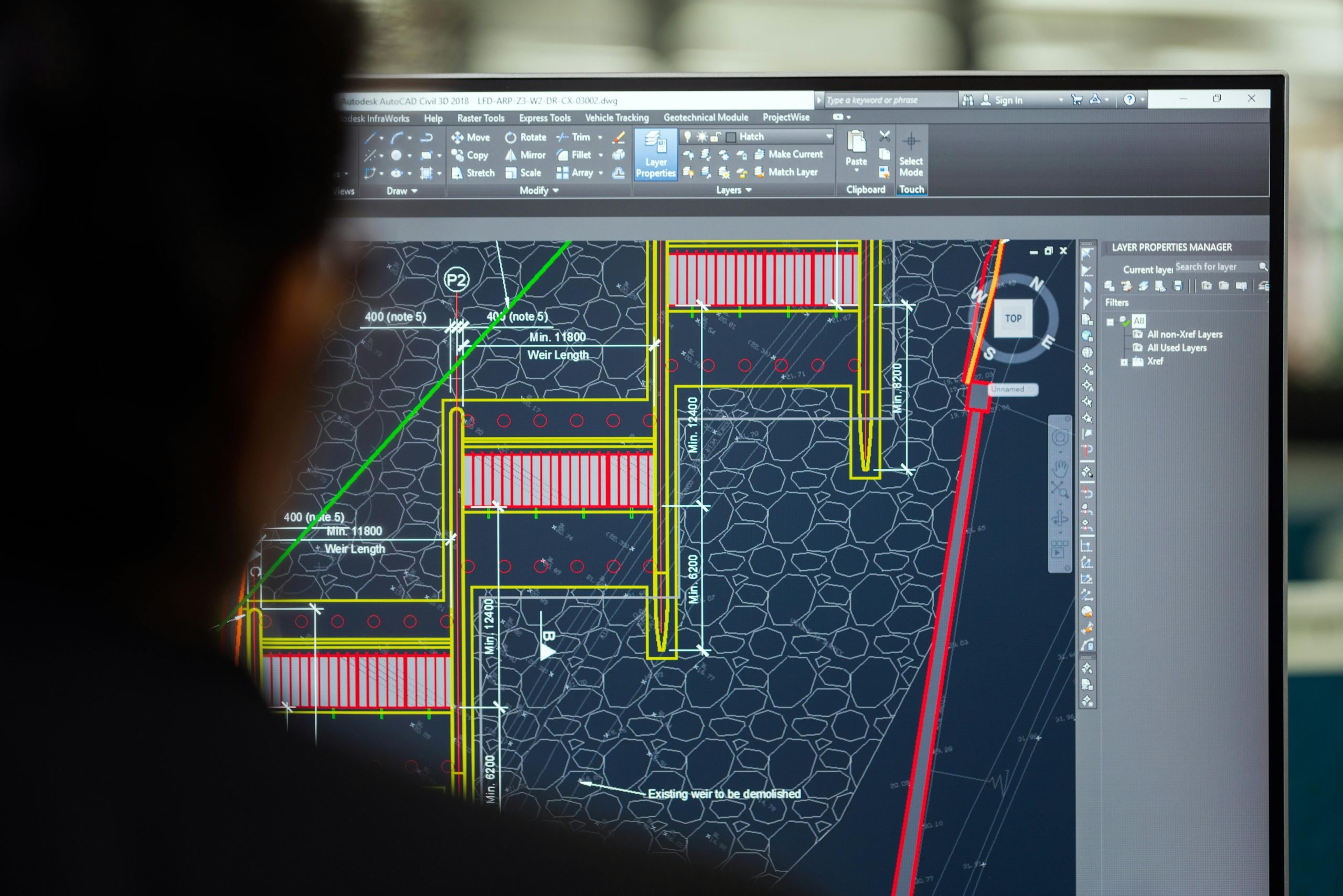
Introduction: Game development continues to be a dynamic field with an array of tools catering to developers of all levels. Whether you’re an aspiring indie creator or part of a seasoned game development studio, the right software can elevate your projects. In this article, we delve into the top 10 game development software that have garnered praise for their features, versatility, and overall impact on the gaming industry.
1. Unity: Known for its versatility and cross-platform capabilities, Unity remains a staple in the game development community. Supporting both 2D and 3D game development, Unity offers a user-friendly interface and a vast asset store. Its strong community and extensive documentation make it an excellent choice for developers of all levels.
2. Unreal Engine: Epic Games’ Unreal Engine stands out for its stunning graphics and high-end capabilities. Widely used in AAA game development, it features the Blueprint visual scripting system, making it accessible to both coders and artists. Unreal Engine excels in creating visually impressive games and supports virtual reality (VR) development.
3. Godot Engine: An open-source and free game development platform, Godot Engine has gained popularity for its flexibility and user-friendly interface. Supporting both 2D and 3D game development, Godot boasts a unique scene system and node-based architecture, making it ideal for indie developers and small studios.
4. CryEngine: Renowned for powering visually striking games like the Crysis series, CryEngine continues to impress with its cutting-edge graphics and realistic environments. While it has a steeper learning curve, the results in terms of graphics quality are often breathtaking.
5. GameMaker Studio: GameMaker Studio excels in 2D game development with its drag-and-drop interface and powerful scripting language. Ideal for indie developers and hobbyists, it strikes a balance between accessibility and flexibility, allowing creators to focus on game design without delving too deep into complex coding.
6. Lumberyard: Developed by Amazon, Lumberyard is a robust game engine that integrates seamlessly with Amazon Web Services (AWS). It supports both 3D and VR game development and provides advanced features such as Twitch integration and cloud-connected gameplay.
7. Phaser: For developers focused on web-based games, Phaser is a fast and lightweight framework for building HTML5 games. It is easy to learn and ideal for creating 2D games that can run in web browsers.
8. RPG Maker: Targeted towards developers creating role-playing games (RPGs), RPG Maker simplifies the game development process, especially for those with limited coding experience. It features a user-friendly interface and a vast community that shares resources and tips.
9. Construct: Built for 2D game development, Construct is a visual scripting engine that doesn’t require coding. Its intuitive drag-and-drop interface allows creators to build games quickly, making it an excellent choice for beginners and prototyping.
10. Blender: While primarily known as a 3D modeling and animation software, Blender has evolved into a powerful game development tool. With its integrated game engine, Blender enables developers to create interactive 3D experiences, making it a versatile option for those familiar with its comprehensive suite of features.
Conclusion: As the game development landscape continues to expand, creators have an abundance of tools to choose from. These ten game development software options cater to different needs, skill levels, and project requirements. Whether you’re aiming for stunning visuals, streamlined 2D development, or specialized RPG creation, exploring these diverse options will help you find the perfect fit for your game development journey.